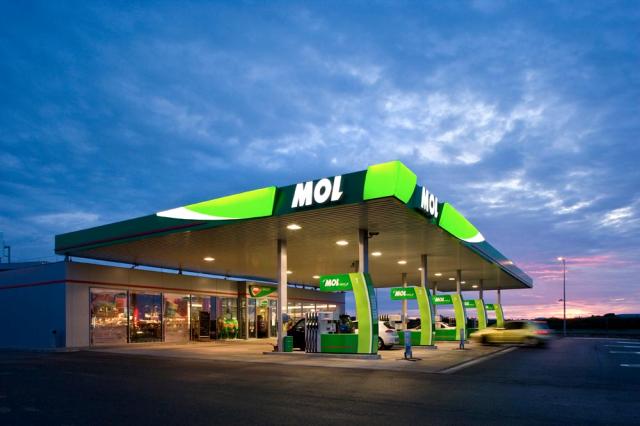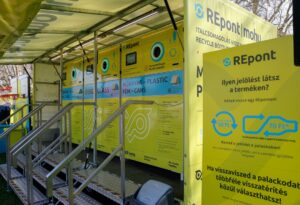
The arbitral tribunal ruled that the Croatian state had breached a contractual part of an agreement with the oil company INA.Continue reading

Despite geopolitical tensions, weak global growth, and a shifting regulatory environment, the MOL Group achieved its financial targets and closed the 2024 business year with stable results, said the group’s Chairman and CEO.
Zsolt Hernádi noted that despite a decline in financial results, the company managed to meet its goals and achieved significant successes in nearly every business segment. Over the past three years, MOL paid an additional $3.5 billion in taxes beyond normal operations across the Central European region. Despite this,
the group posted a profit of HUF 355 billion (EUR 872 million) last year, and the board proposed a dividend payout of HUF 220 billion (EUR 540 million).
Hernádi reported that in the exploration and production segment, 11 out of 12 regional projects were successful, and all drilling activities in Pakistan yielded positive results. In Azerbaijan, a new gas field was discovered, and partnerships were formed with three strategic companies—SOCAR (Azerbaijan), KazMunayGas (Kazakhstan), and TPAO (Turkey).
He added that in 2024, the petrochemical market struggled with stagnant demand, high energy costs, shrinking margins, and increasingly strict environmental regulations. At the same time, newer and more flexible plants continued to appear on the global market, posing serious challenges to European players.
MOL continued its transformation strategy launched a decade ago: in 2024, the €1.3 billion polyol complex in Tiszaújváros (eastern Hungary) began production, the region’s largest green hydrogen plant was launched in Százhalombatta (near Budapest), and modernization continued at the Rijeka refinery, Croatia’s largest industrial investment.
Thanks to acquisitions in Slovenia and Poland, the number of MOL filling stations reached 2,400, effectively creating a north-south energy corridor across Europe.
Last year, MOL entered the circular economy by taking over waste management, which was successfully restructured: in the second half of the year, 3,200 bottle return machines were installed, with daily returns reaching six million in the last quarter— a target originally set for 2030. Hernádi stated that MOL plans to invest about HUF 500 billion (EUR 1.2 billion) in waste management over the next ten years, with the goal of creating shareholder value and ensuring profitable operations in this sector as well.

MOHU’s brand-new mobile return machine; Photo: MTI/Kocsis Zoltán
Hernádi said that MOL must move on from the pre-2019 economic mindset and get ready for a new era defined by uncertainty. He added that MOL has always managed to grow and innovate during uncertain times and hopes this will continue in 2025. He also stressed that Hungary, as the EU’s most open and export-driven economy, must boost its competitiveness alongside maintaining economic sovereignty.
He pointed out that Hungary’s competitiveness is weakening due to both external reasons—like Germany’s struggling economy—and internal ones. Unpredictable customs competition and the EU’s green policies also make things harder. He said
Hungary needs more stable regulations because rapid changes hurt growth and discourage investments.
Answering a shareholder’s question, Hernádi explained that the higher dividend payout was made because MOL does not expect any big acquisitions this year that would need the cash reserves.
Via MTI; Featured picture: Wikipedia